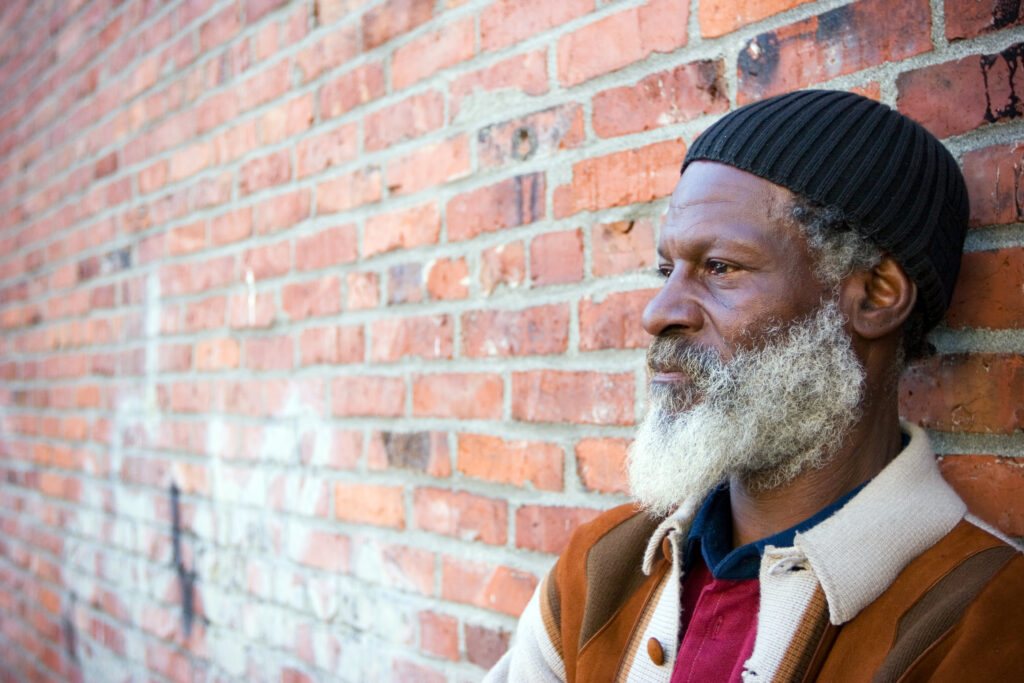
When people with complex health needs try to navigate multiple systems that don’t communicate with each other, the potential for negative outcomes is high. California’s Whole Person Care Pilot is an attempt to address this reality for Medi-Cal’s highest risk populations. The Whole Person Care Pilot is one of several initiatives under California’s Medi-Cal 2020, the 1115 Waiver that allows the state to waive elements of the Medicaid program in order to test out projects and demonstrations that support the objectives of Medicaid.
Alameda County’s Whole Person Care Pilot is called Alameda County Care Connect (AC3), and it began in January of 2017 and will run through December 2020. Older adults are a small but significant and growing segment of AC3’s target population, and the systems transformation that is underway must meet their unique needs.
RECENT DEVELOPMENTS
January 23, 2020 – California’s Whole Person Care Pilot has made significant progress in setting up key systems and infrastructure needed to coordinate services for people with complex needs, and shows promising evidence of improvements in care and health outcomes. This according to an interim report to Centers for Medicaid and Medicare Services produced by a team at the UCLA Center for Health Policy Research.
The report used data captured between September 2018 and March 2019, and noted multiple findings, including development of real-time data sharing capabilities and buy-in and increased interactions between WPC partners, and improvements in follow-up after hospitalization and increase in patients receiving comprehensive care plans. Click here for the Issue Brief that captures the evaluation team’s findings.
June 21, 2019 – The June 21 AC3 Director’s Report provides important updates from May and June, including the status of the pilot to treat agitation in the field. The report also looks forward to several important milestones, including the launch of the Community Health Record and the new Housing Solutions for Health Vendor Pool. Click here for the Director’s Report. Click here to go to the Vendor Pool RFQ, which accepts invitations on a rolling basis.
November 9, 2016 – On November 1, 2016, Alameda County Health Care Services Agency was awarded $140 million in funding for a three-year Whole Person Care Pilot. Alameda County Care Connect will target homeless adults who are high utilizers of multiple systems, and adults with complex conditions who receive care management in one system but require coordination across multiple systems.
The pilot aims to completely change the way people with complex issues experience care, with data-sharing and a care coordination system designed to help Care Teams address these individuals’ full spectrum of needs in a coordinated and integrated way.
We’ll be hearing more about the pilot at SSC’s December 2nd conference. Click here for more information.
August 9, 2016 – When people with complex health needs try to navigate multiple, siloed systems that don’t communicate with each other, the potential for negative outcomes is high. California’s Whole Person Care Pilot is an attempt to address this reality for Medi-Cal’s highest risk populations. Alameda County is one of 18 counties that have responded to the state’s RFP, and the odds are good that the county will win funding for the three year pilot.
On August 1, Rebecca Gebhart, Alameda County Health Care Services Agency’s Interim Director, and Nancy Halloran, HCSA Policy Director, presented an overview of the County’s proposal for a Whole Person Care Pilot. Click here for a copy of the presentation to the BOS Health Committee. Here’s a summary:
Dubbed Alameda County Care Connect (AC 3 for short), the pilot would target adults who are homeless and are high utilizers of multiple systems (interacting with two or more of the behavioral health, substance abuse, law enforcement and emergency department systems), and adults with complex conditions who receive care management in one system but require coordination across multiple systems.
The Pilot aims to completely change the way people with complex issues experience care. It would create a county-wide data-sharing and care coordination system designed to help Care Teams address these complex individuals’ full spectrum of needs in a coordinated and integrated way. It would provide case management and facilitated care transitions, 24/7 services, housing solutions and support, and a “consistent front door experience” for patients and families.
What would this mean for older adults? My best guess is that 6-8% of the AC 3 target population is age 60+ (6% of the population receiving services from ACBHCS are older adults, and 8% of the population served by the County’s Substance Use Disorder Services). We’ll learn more – and understand what role community-based organizations can play – in the Fall.
The County submitted its proposal to the state in July. Awards will be announced October 24.
INFO & MATERIALS
Click here to go to Alameda County’s website for AC Care Connect.
